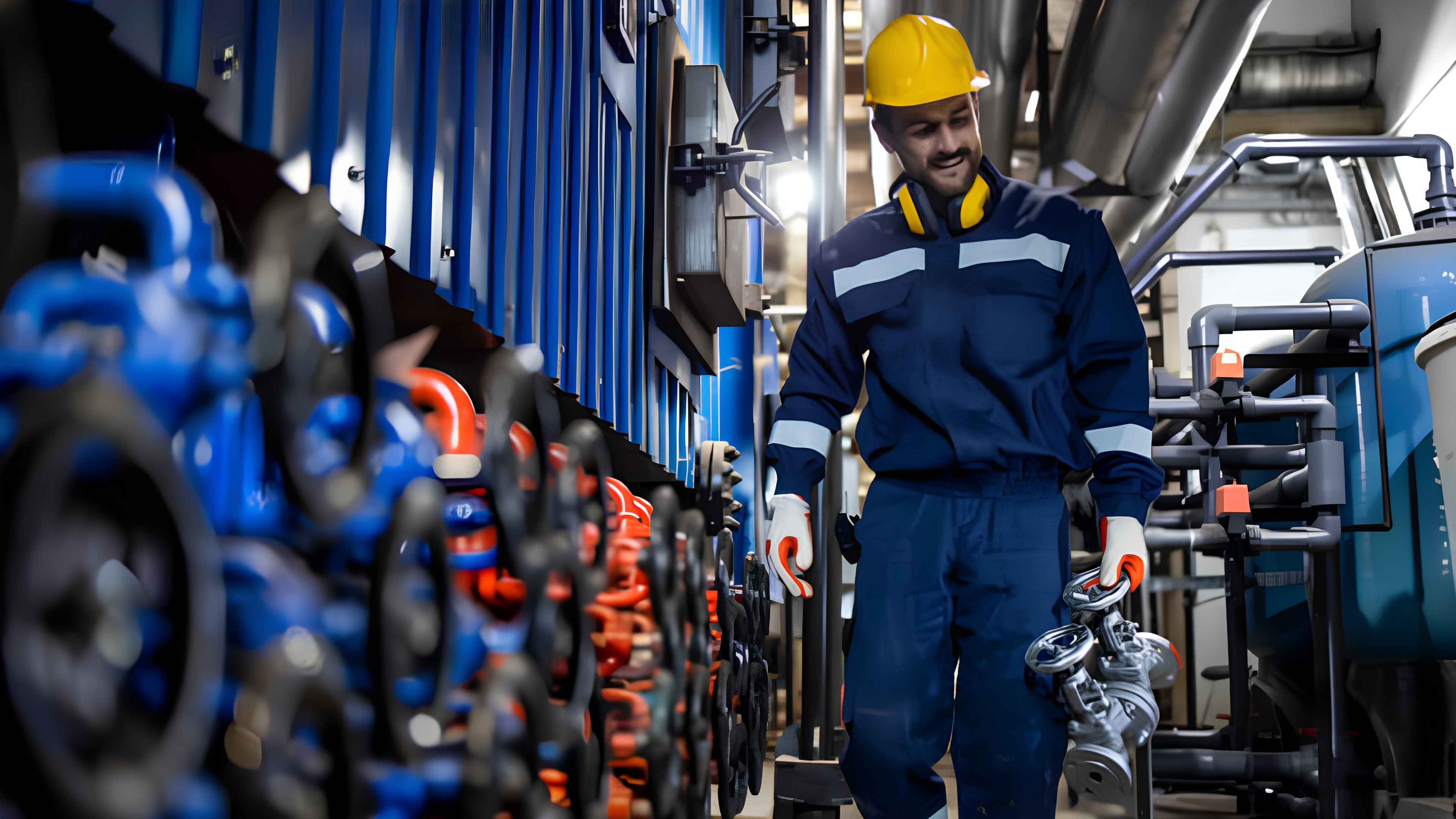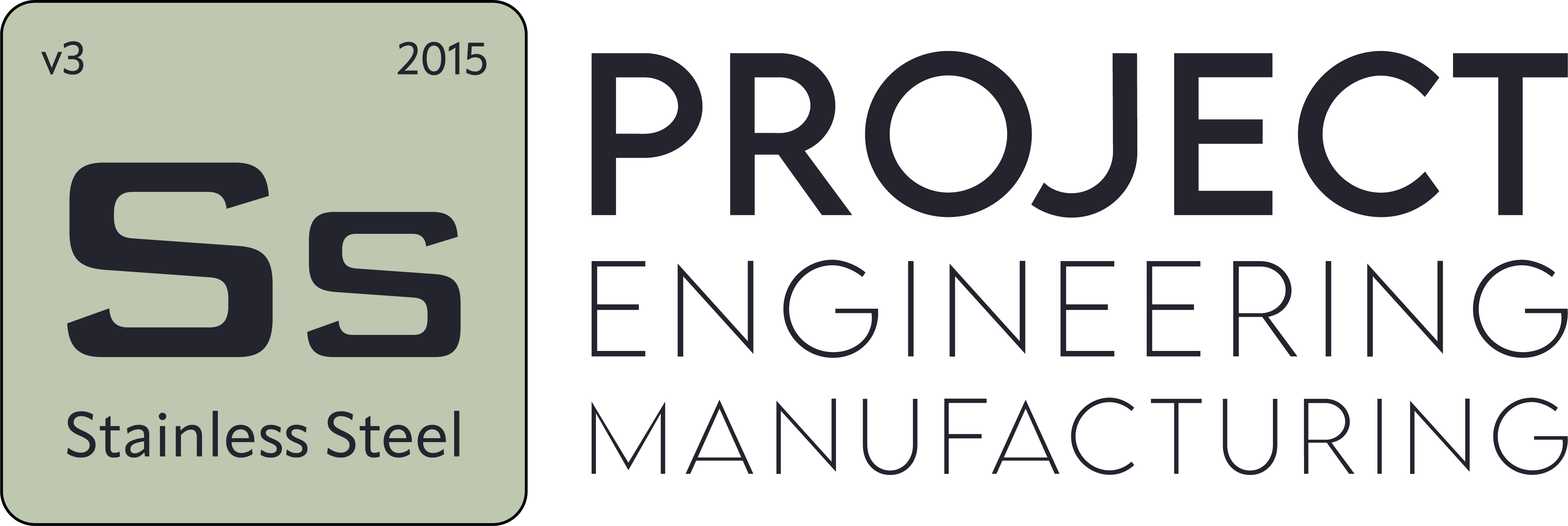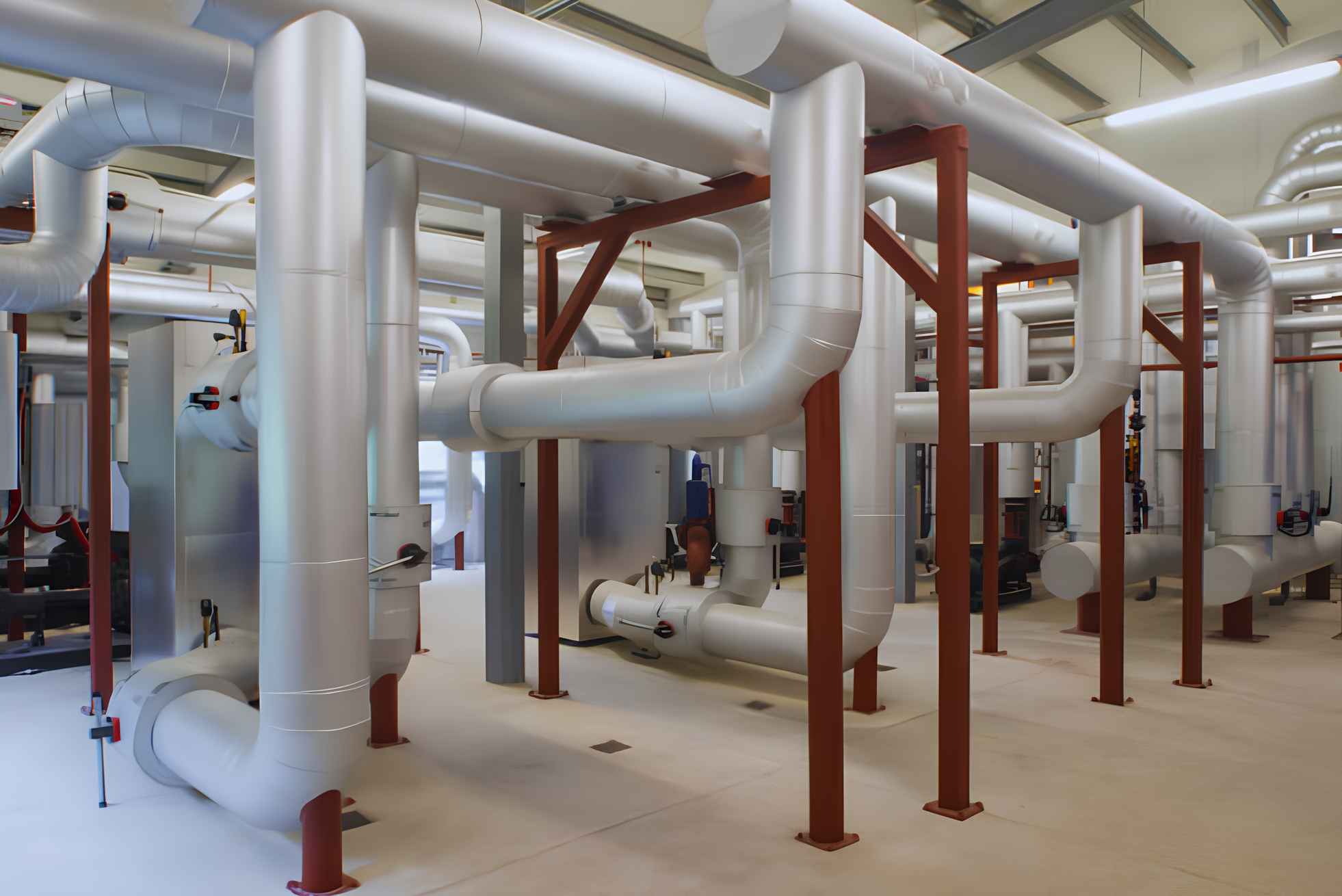What are PW Systems? Benefits and Applications
- Blog
- What are PW Systems? Benefits and Applications
What are PW Systems? Benefits and Applications
Contents
- What are PW Systems?
- How Do PW Systems Work?
- What are the advantages of PW Systems?
- In Which Areas Are PW Systems Used?
- What is the Difference of PW Systems from Different Water Purification Systems?
- How to Install and Maintain PW Systems?
- What Standards Are Required for PW Systems?
- What are the Cost and Economic Advantages of PW Systems?
- How Do PW Systems Play a Role in Exports?
- Why Does Installation of PW Systems Require a Professional Team?
- What are the Environmental Impacts of PW Systems?
- How Will PW Systems Develop in the Future?
What are PW Systems?
PW (Pure Water) systems are high-tech purification systems used to obtain pure water. These systems are widely used in industries that require high purity water, such as medical, pharmaceutical, electronics and biotechnology. Pure water production is of critical importance in these areas as it directly affects the quality of products. PW systems obtain extremely pure water by purifying the water from ions, organic matter, bacteria and other pollutants. The process is usually achieved through various technologies such as membrane filtration, ion exchange and ultrafiltration. In this way, the high purity standard required in industrial production processes is achieved.
How Do PW Systems Work?
The working principle of PW systems is that water passes through various stages of filtering and purification. While the water is purified from large particles in the first step, ion exchange and membrane filtration come into play in the following stages. During the ion exchange process, minerals and ions in the water are separated while membranes filter smaller pollutants. In this way, all undesirable substances in the water are cleaned and high purity is achieved. PW systems are also equipped with advanced sensors; These sensors constantly check the quality of the water and intervene when necessary. Pure water is always produced in accordance with certain standards.
What are the advantages of PW Systems?
One of the biggest advantages of PW systems is that they can ensure the purity of water at a high level. These systems ensure efficiency and safety, especially in sensitive products, by improving the quality of water used in production processes. In addition, these systems feature environmentally friendly technologies and keep the use of chemicals to a minimum. Another advantage is that they save energy and make significant contributions to sustainability. PW systems offer economical solutions for businesses with low maintenance costs in the long term. It stands out as a reliable choice, especially in sectors with strict water quality requirements.

In Which Areas Are PW Systems Used?
PW systems are used in many different sectors, especially the pharmaceutical industry, electronics, biotechnology, food, chemistry and medical device production. In the pharmaceutical industry, it is mandatory that the water used in production processes be of high purity. In the electronics industry, the use of pure water is an important requirement in the production of sensitive components. Similarly, in biotechnology and medical device production, PW systems are indispensable to ensure product quality and safety. In food production, the purity of water plays a major role in terms of food safety and hygiene. These uses in different sectors show how wide a range of services PW systems provide.
What is the Difference of PW Systems from Different Water Purification Systems?
The difference of PW systems from other water purification technologies is the purity level of the water. While other purification systems generally bring water to a certain level of cleanliness, PW systems produce pure water by almost completely purifying the water from ions, minerals, microorganisms and other contaminants. The purification process is especially necessary for water to be used in sensitive production processes. While other systems use chemicals, PW systems generally provide a natural treatment using more environmentally friendly technologies. PW systems are preferred especially in areas where purity is critical.
How to Install and Maintain PW Systems?
The installation of PW systems should be done by a professional team and each stage of the system should be ensured to function correctly. During installation, water entry and exit points are carefully determined and treatment units are positioned in the right places. Regular maintenance of the system after installation is of great importance. Since PW systems have sensitive technology, they should be checked periodically and filters should be replaced when necessary. These maintenance operations extend the life of the system and help it always provide the highest performance. During the maintenance process, the purity of the water should be tested regularly and all functions of the system should be inspected.
What Standards Are Required for PW Systems?
PW systems must comply with certain standards depending on the sectors in which they will be used. There are strict regulations especially for PW systems used in the pharmaceutical, food and biotechnology sectors. These systems must meet certain standards in parameters such as water purity, bacterial levels and ion concentration. Internationally accepted standards guarantee the reliability and effectiveness of these systems. PW systems, especially used in pharmaceutical and medical device production, must operate in accordance with quality standards such as GMP (Good Manufacturing Practices).
What are the Cost and Economic Advantages of PW Systems?
Although PW systems seem to have a high initial investment cost, the economic advantages that these systems provide to businesses in the long term are quite large. In the first stage, the installation of treatment units, the supply of equipment and the assembly processes require a certain cost. However, these costs pay off in the long run with increased efficiency in water treatment processes. PW systems significantly reduce the energy and chemical costs of businesses thanks to their low energy consumption and minimum use of chemicals. The maintenance and operating costs of these systems are also much lower than traditional systems.
Another important economic advantage is the increase in quality that the use of high purity water brings to the production processes. Especially in sectors such as pharmaceuticals, food and biotechnology, the quality of the water used directly affects the final quality of the products. With the use of pure water, there is a significant decrease in the number of faulty productions and recalled products. This both reduces costs and helps the business maintain its brand value. Companies that use water at high standards gain a more competitive position in global markets, which indirectly increases their export revenues. Considering all these factors, it can be said that the investment in PW systems is quite profitable in the long run.
How Do PW Systems Play a Role in Exports?
PW systems are of great importance in terms of export, with the increasing demand for quality water purification systems around the world. These systems, which are used especially in industries requiring high purity, stand out with their technological innovations and reliability. For industrially developing countries such as Türkiye, PW systems have the potential to be a competitive product in global markets. SS Proje produces quality PW systems and exports them abroad, thus contributing to the country's economy.
Compliance with regulations and quality standards in export countries plays a key role in the success of PW systems abroad. Especially in developed markets such as Europe and North America, very strict controls and standards are applied to water purification systems. The fact that PW systems can meet these standards shows that they are superior in terms of both quality and technology. The environmental friendliness and energy efficiency of PW systems make these systems a preferred option in exports. Companies that prioritize innovation and quality in the export process gain an important place in the global market and contribute greatly to the country's economy.
Why Does Installation of PW Systems Require a Professional Team?
Since PW systems have an extremely sensitive and complex structure, the installation process requires expertise. In order for the systems to be installed correctly, operate efficiently and have a long life, it must be done by a professional team. An incorrect installation can adversely affect the purity of the water and cause malfunctions in the system. Therefore, during the installation of PW systems, correct engineering solutions should be applied, necessary tests should be performed and the system should be fully commissioned.
What are the Environmental Impacts of PW Systems?
PW systems provide water purification using environmentally friendly technologies. While the chemicals used in traditional treatment methods can harm the environment, PW systems minimize the use of these harmful substances. At the same time, these systems contribute to the protection of environmental resources because they save water. PW systems, which are highly energy efficient, offer an environmentally friendly solution by reducing the carbon footprint.
How Will PW Systems Develop in the Future?
As technology develops, PW systems are expected to become more efficient, lower cost and more environmentally friendly. With new materials and more advanced filtration techniques, the water purification capacities of the systems will increase and energy consumption will decrease. These systems, which will become more automated, especially with digital control systems, will be both user-friendly and will further reduce maintenance costs. It is quite possible that PW systems will become a standard solution in industrial water treatment in the future.


